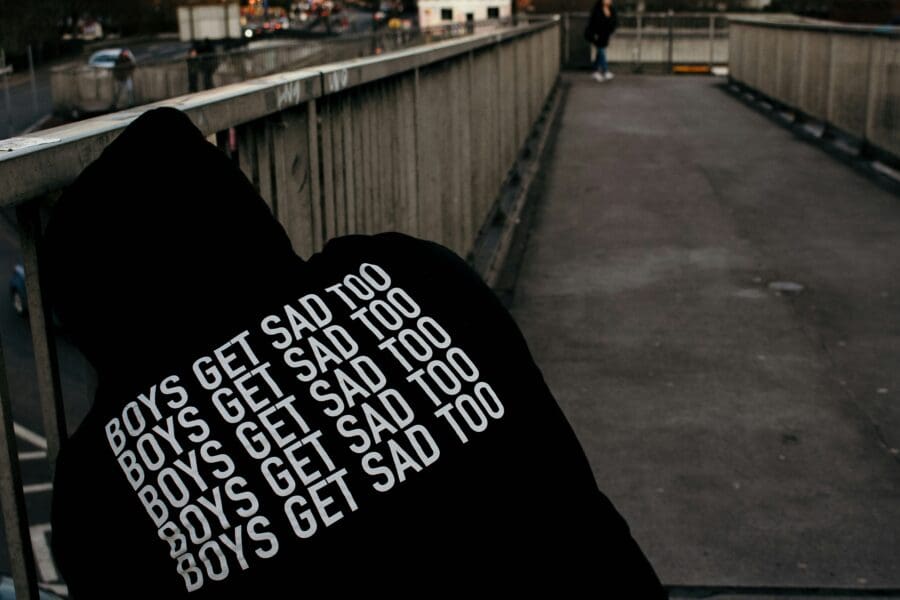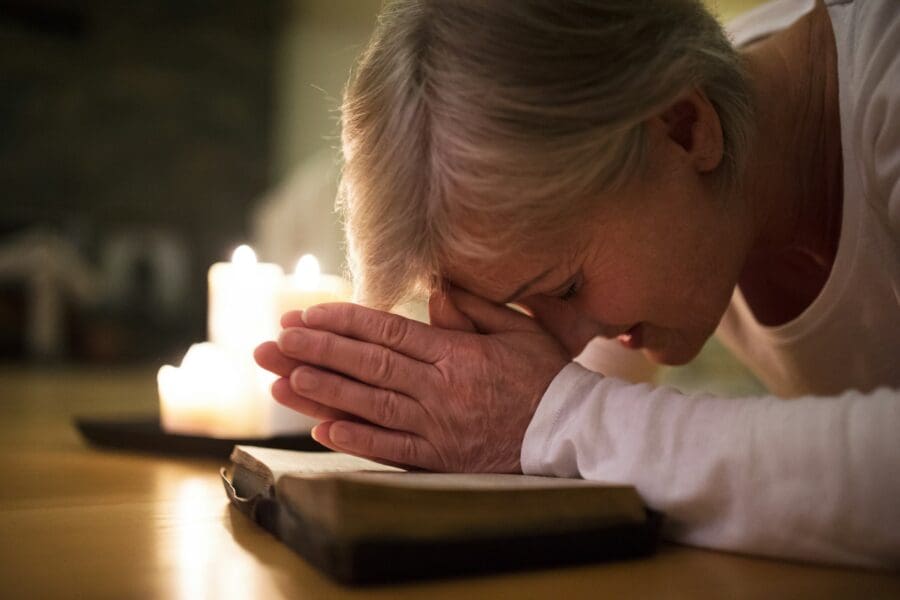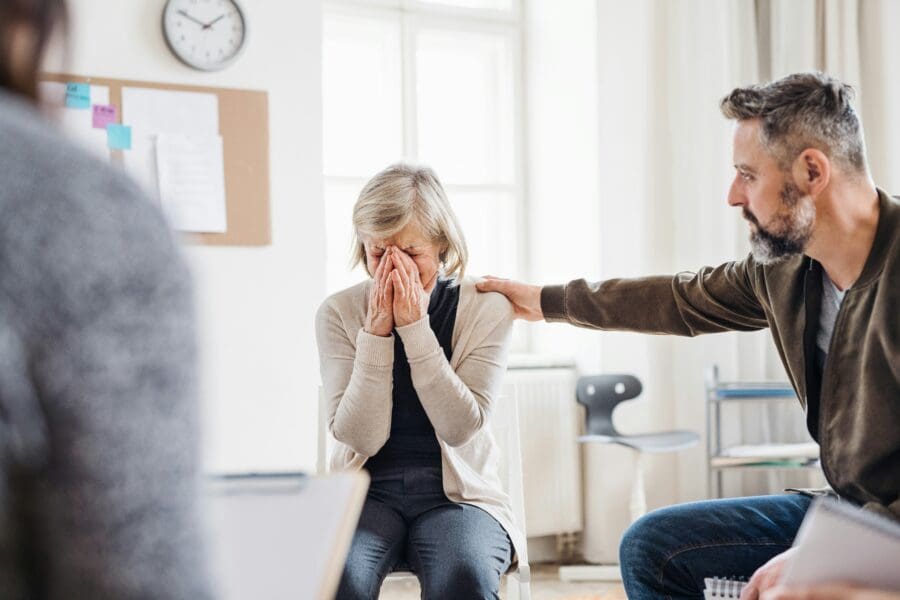Grief is an incredibly complex series of emotions that one can feel when they have lost a loved one. It is not a simple process that one goes through in linear stages, but a rising and falling set of emotions that one can experience in the months or even years following a loss. It is not uncommon for people to have triggering moments years after an unfortunate loss and have another stage of grief experienced, for a second time. The amount of grief experienced at a loss isn’t a sign of weakness or lack of emotional strength, but a testament to how deep of a relationship and how much love was shared.
It is common for people to face different stages:
Denial: Usually the first stage of the grieving process, it is a state in which we are minimizing the emotional impact of our loss and trying to ignore the intense pains we are experiencing. Although it sounds unhealthy, it is a natural process that we go through in the early days of our losses.
Anger: Anger usually arises when we begin to feel the emotional discomfort of losing someone, and we can be angry that this person has left us so soon, angry at the world and/or God (if we are religious or spiritual) for taking them from us
Bargaining: Many times when we are experiencing grief, although we know that it is impossible, we may try to bargain with a higher power to let a person come back, or live if they were in an accident/have a terminal illness. An example: “I will never do ______ again if you just let this person heal/come back to me”.
Depression: A normal part of the grieving process is a period of depression – which causes symptoms such as lack of motivation, intense feelings of sadness, withdrawing from others or losing interest in activities we once enjoyed – and this is because we are beginning to realize that the loss is permanent, and we must learn to navigate life again without them.
Acceptance: Acceptance is a period of grief that tends to run at the end – but this isn’t always the case. It is understanding that your loved one is gone, they are not going to return and you are now on your own but understand that you will or are healing during the aftermath.
But why isn’t it linear?
Grief is complex and doesn’t follow the same path for everyone. Someone who has lost or is about to lose a loved one due to an illness may at first feel a sense of bargaining as they are trying to avoid outright denial or anger because they are feeling a sense of desperation to keep their loved one alive. Someone who loses a loved one to something such as an addiction may at first feel anger. They feel angry that their loved one left them so soon, or that they were not able to help them, and later on feel the depression and acceptance stages because they were dealing with the intense upset they felt in the beginning.
The circumstances surrounding the loss of a loved one often set the stage for what stages of grief will be felt in which order – but that’s not always the case. Many times people will go through all the stages of grief and then feel like they are healed, only to be triggered later on by a memory, a conversation or another loss that brings feelings up to the surface again and gives them a second wind of a certain stage of grief. The most common stage of grief that is experienced more than once is depression, followed by anger and then acceptance once again.
The emotional rollercoaster of grief is normal, and everyone experiences it differently. There is no right order to grieve the loss of a loved one, and there is support out there if you feel that you are struggling.
Reach out to someone close to you that you trust or seek a counselor nearby to help you if you feel that you need extra support.

Hello! I’m Jessica, a mental health advocate and support worker from British Columbia, Canada, with a decade of experience in the field. My work spans substance abuse care and mental health, where I strive to foster safe spaces for sharing and healing. I specialize in addiction, anxiety, trauma, and grief, believing that with empathy, compassion, and community support, we can guide each other through life’s darkest moments. Together, we’re never alone.








Leave a Comment